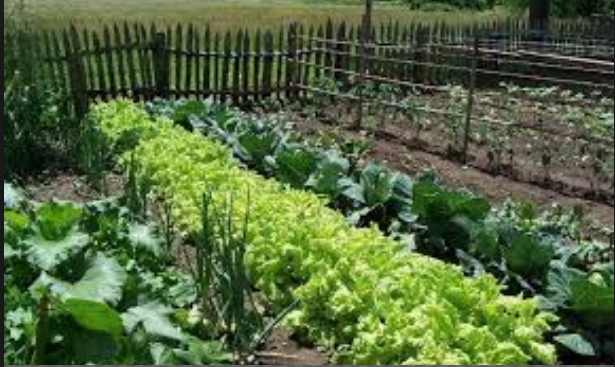Machakos farmers embrace ecological farming
By Carol Kamau
Agriculture remains the backbone of Kenya’s economy contributing about 30 percent of the country’s gross domestic product.
However, changes in weather patterns and the current drought ravaging most parts of the country have seen many farmers suffer losses due to poor harvests with families who solely rely on the sector having to deal with diminishing returns.
But for a small group of farmers in Machakos County, it is a narrative that is slowly changing through the adoption of a new concept dubbed ecological farming.
Changes in weather patterns have seen the country face longer dry spells which has severely affected agricultural production in the country.
The current drought which has affected about three million people probably an indication of the urgent need to change our agricultural practices.
Through ecological farming, an initiative by Institute for culture and ecology supported by Green Peace Africa, farmers in Machakos County, a largely semi-arid region, are telling a different story.
Peter Mutiso, previously practiced conventional agriculture which is essentially the use of fertilizers and pesticides in his farm but switched to ecological agriculture which emphasizes instead on use of manure, cover crops, intercropping and planting foods that are resilient to harsh climatic conditions.
He uses zai pits because it is inexpensive. The zai pit measure 60 cm x 60 cm by 30 cm and is also called a nine pit hole meaning in it, you can plant up to nine seeds in each hole.
Mutiso says the zaipit conserves water/moisture adding that it’s important that farmers learn not to leave bare their farms before and after harvesting.
He says use of cover crops and leaving behind crop residue ensures that the sun does not directly hit the soil. Fertilizers he says especially during the dry season corrode the soil making it hard for them to be productive.
In Matungulu, we meet James Muoki, who uses agroforestry, terracing, crop rotation as well as manure on his farm.
Muoki says terracing as a mode of agriculture has ensured no soil cover is lost even during the rainy season. Minimum tillage which ensures minimum disturbance of the soil to conserve the little moisture underneath is key he says.
Despite the lack of rains, Mutiso was able to harvest 100 kilograms of maize, 180 kilograms of beans and 100 kilograms of green grams from his one acre piece of land.
It is a different story for Joyce Nduku who heavily relies on agriculture to feed her 8 children. But unlike the others she practices industrial agriculture which has led her to incur losses.
Nduku is at a loss noting that the changes in climatic conditions have greatly affected farming. It is a similar story for Grace Kasina who says crops planted using manure take longer to mature.
She however admits that with the reduced rains, the soil has become less productive hence she is gradually opting for ecological agriculture.
Organic manure adds generous amounts of organic matter to your soil and it also improves its moisture-holding capacity which is key especially with the ever reducing rainfall.





